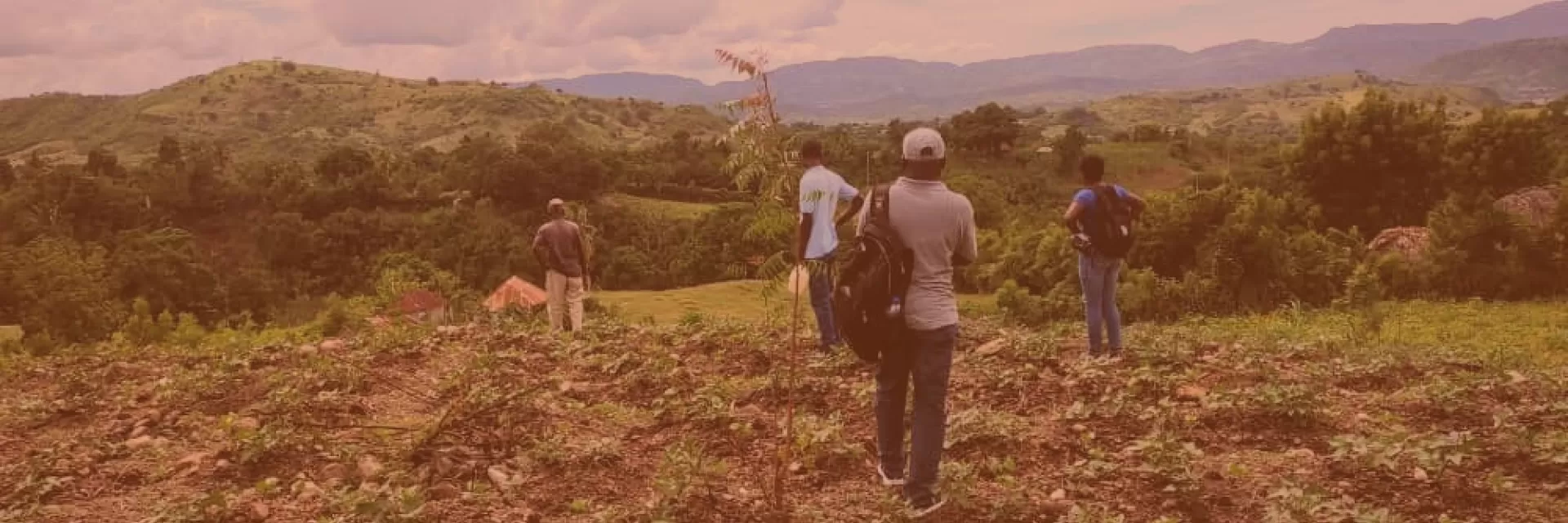By Kim Lamberty
There is a reason that Quixote Center supports small-scale farmers in Haiti.
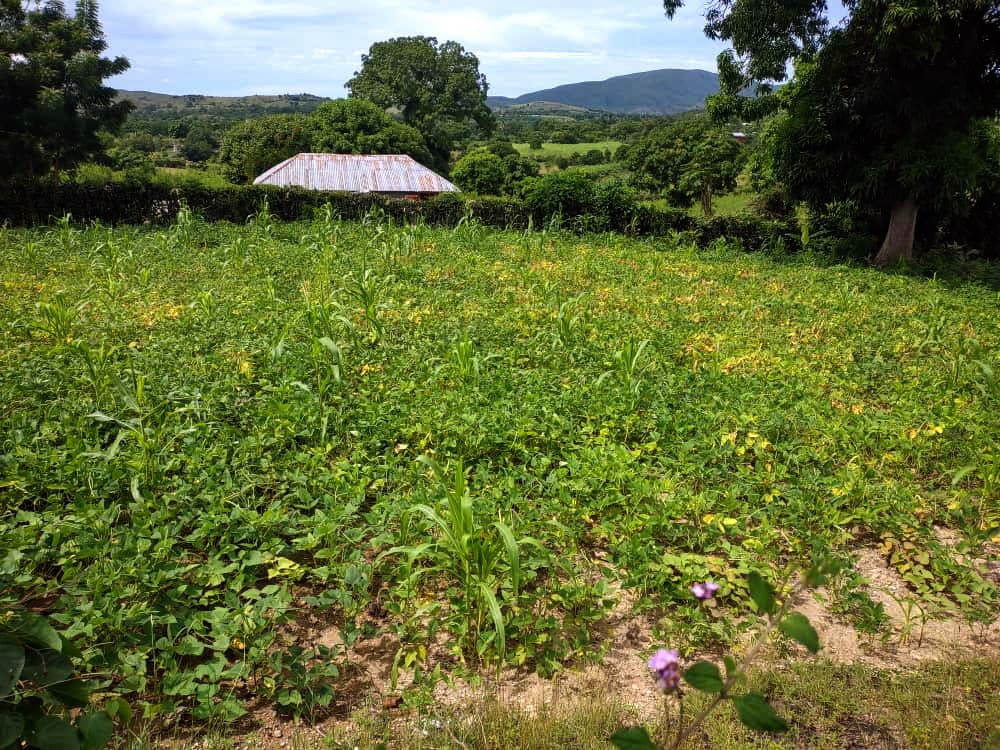 Small-scale farmers, defined as farming two hectares or less, produce about 35% of the world’s food supply. When the number of hectares goes up to 10, they produce nearly 80% of the world’s food. Approximately 80% of the global population living under the poverty line of $1.90 per day is rural and subsisting on small-scale farming. Globally, we depend on small-scale farmers for our food supply, yet they can’t make a living.
Small-scale farmers, defined as farming two hectares or less, produce about 35% of the world’s food supply. When the number of hectares goes up to 10, they produce nearly 80% of the world’s food. Approximately 80% of the global population living under the poverty line of $1.90 per day is rural and subsisting on small-scale farming. Globally, we depend on small-scale farmers for our food supply, yet they can’t make a living.
In addition to producing our food, small-scale farming is part of a climate solution. They tend to produce a wide variety of crops on small plots of land, which protects biodiversity. They are less likely to use or have access to machinery that pollutes, and have limited access to chemical fertilizers and pest control.
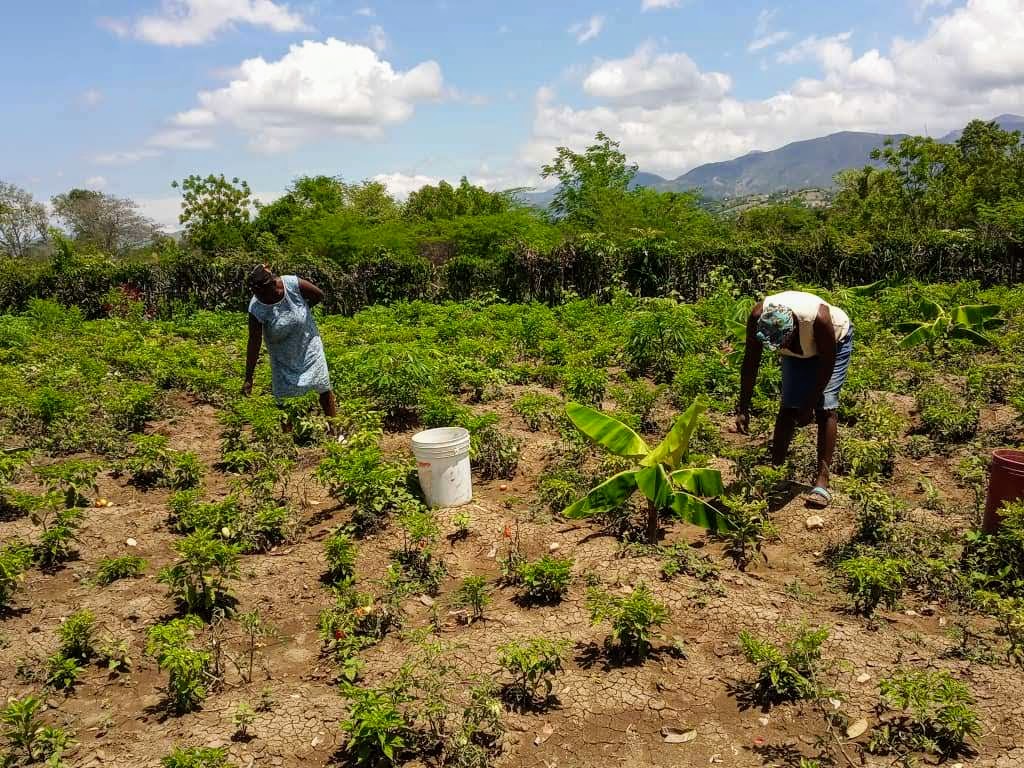 In contrast, industrial-scale farming is a leading cause of fossil fuel emissions. It also increases profits through monocropping, which diminishes biodiversity, and relies on the use of chemicals, which damage the soil and groundwater. While industrial-scale farming has increased global food production and led to cheap food prices, monocropping leads to high-calorie, low nutrition diets and contributes to malnutrition. And it has had serious unintended environmental consequences.
In contrast, industrial-scale farming is a leading cause of fossil fuel emissions. It also increases profits through monocropping, which diminishes biodiversity, and relies on the use of chemicals, which damage the soil and groundwater. While industrial-scale farming has increased global food production and led to cheap food prices, monocropping leads to high-calorie, low nutrition diets and contributes to malnutrition. And it has had serious unintended environmental consequences.
Enabling small-scale farmers to earn a living on their land reduces global poverty and insecurity, contributes to environmental restoration, and eliminates one of the major “push” factors for migration.
As a result of extensive studying, we know the mix of investments that lead to success for small-scale farmers. Although every context is different, they include financial and technical training, infrastructure, storage solutions, assistance with organizing, and market access. These are exactly the investments the Grepen Center provides and Quixote Center supports in Haiti.
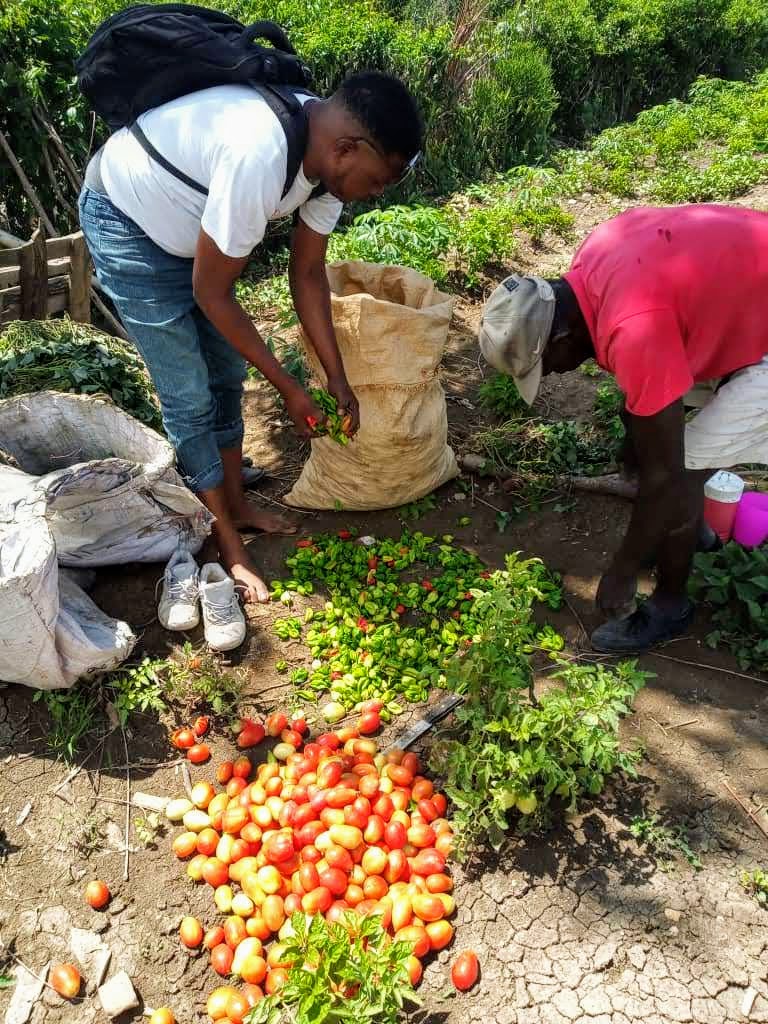
Market access is crucial. It doesn’t help to open up markets that provide substandard wages or prices. The price that farmers receive for their product is what makes the difference, and it nearly always falls short. People are poor because they don’t have enough money; meaning they do not receive enough compensation to live on for their labor or for their product.
US policymakers persist in believing that connecting corporations to small-scale farmers is a solution. The Vice President gave a speech about it just this week!
Corporations are designed to serve shareholders, not producers. They must make a profit. The same is true for every company in any given supply chain: the exporter, the wholesaler, the retailer, and any other intermediary, all have to earn a profit. The producer and the laborer are usually the most vulnerable and the least likely to have a voice. In order to keep profits high and prices low, someone on the supply chain gets substandard pay, and this is nearly always the producer/laborer. Corporations exploit the producer/laborer because they can, and because it means they get more for themselves and their shareholders.
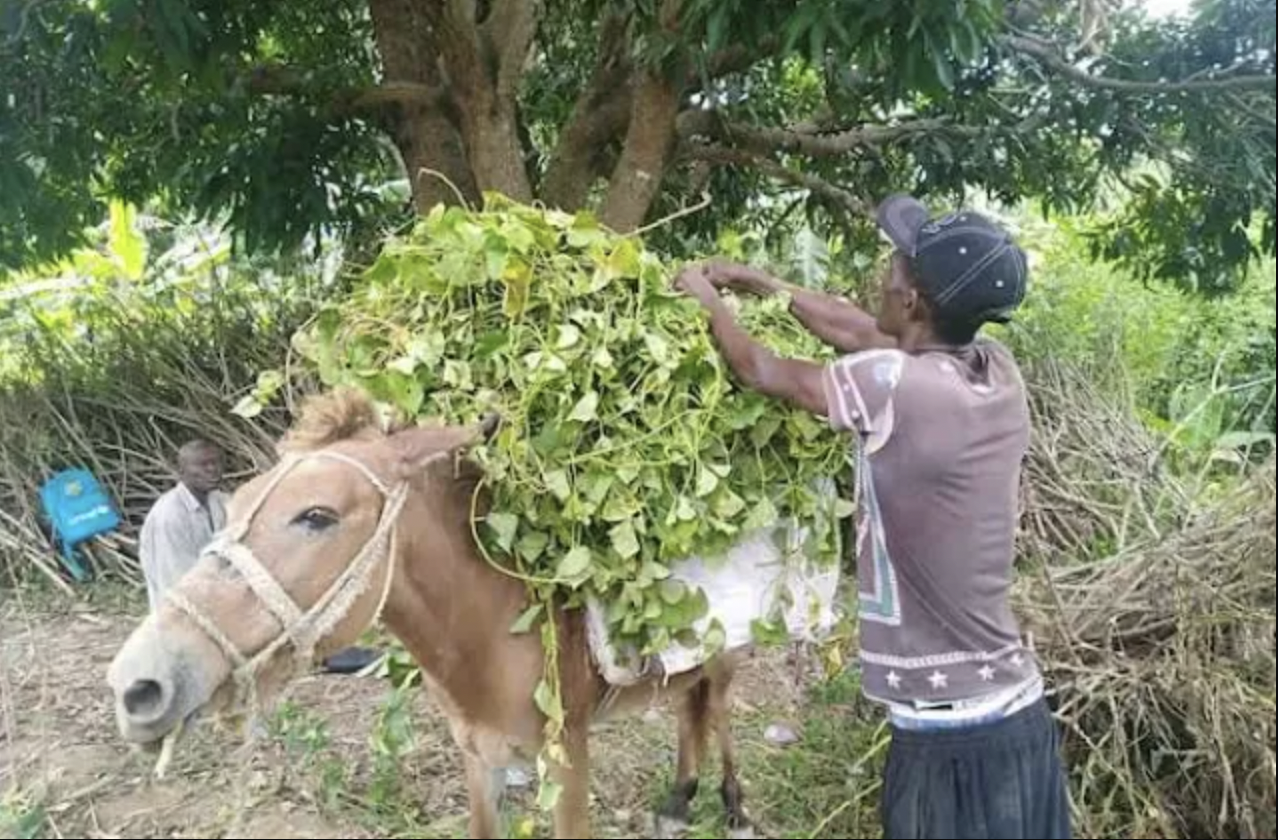 It doesn’t help producers to sell their goods in a market that exploits them, although frequently there are no better options and so they will do it. It helps the producer to sell their goods in a market that delivers pricing that enables them to meet their basic needs and support their family. Unfortunately, consumers tend to demand low prices, and corporations tend to demand profits, leading to a toxic situation that exploits the most vulnerable.
It doesn’t help producers to sell their goods in a market that exploits them, although frequently there are no better options and so they will do it. It helps the producer to sell their goods in a market that delivers pricing that enables them to meet their basic needs and support their family. Unfortunately, consumers tend to demand low prices, and corporations tend to demand profits, leading to a toxic situation that exploits the most vulnerable.
There are things we can all do. More about that in my next blog.
"Three-quarters of the world’s poor live in rural areas and depend primarily on agriculture for their livelihoods. However, due to lack of access to markets, land ownership, financial resources, infrastructure and technologies, these brothers and sisters of ours are the most vulnerable to food insecurity."
Pope Francis, 2021
Additional reading:
THE STATE OF FOOD SECURITY AND NUTRITION IN THE WORLD 2020.
10 things you should know about industrial farming.
What Is Industrial Agriculture and Why Is It Bad?.
UN spotlights transformational potential of family farming for world food supply.
Small family farmers produce a third of the world’s food.
SMALLHOLDERS AND FAMILY FARMERS
Pope Francis: Help the world’s small food producers.
